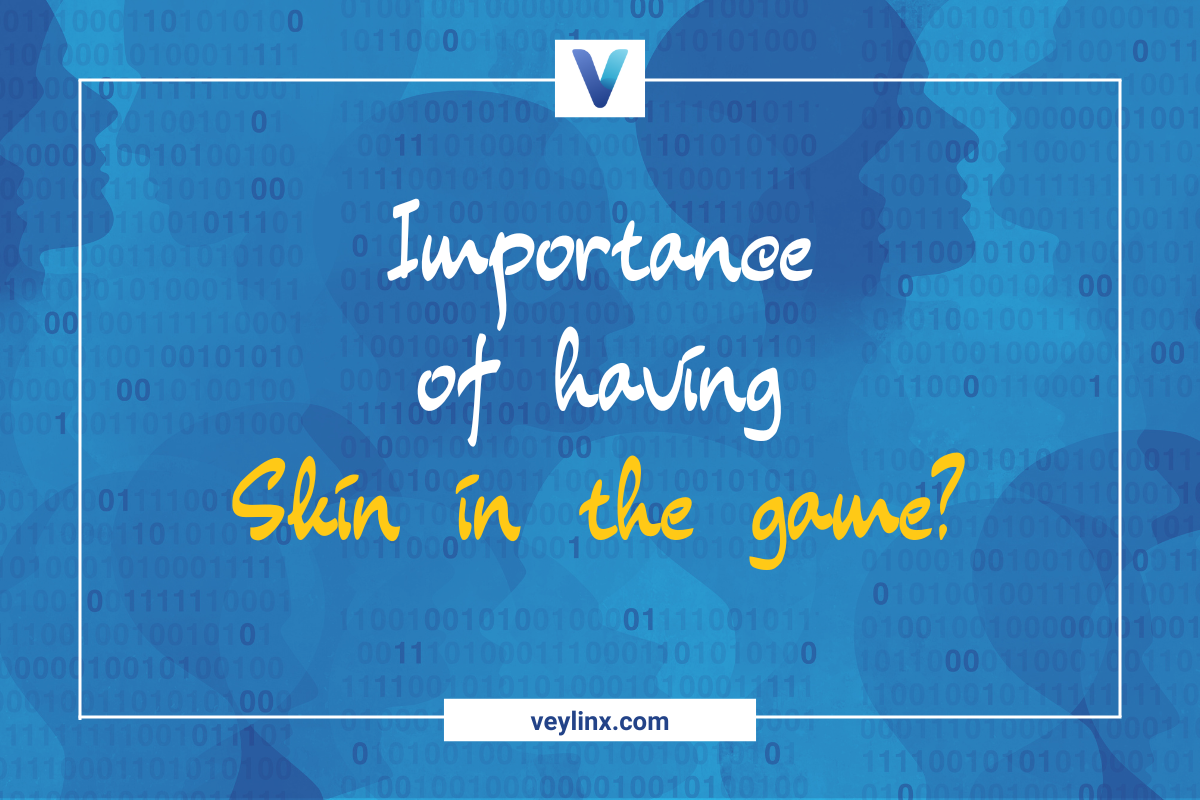Why Research Needs to Have Skin in the Game

There’s data, and there’s data. The most challenging type of data is data collected from people. It’s challenging because it’s hard to verify whether what people claim to value and believe is true. For example, Bob might say he prefers coffee to tea, but there’s no way to be sure—he alone knows whether this is really the case.
To reveal what Bob truly prefers, we should present him with the real option to be served coffee or tea and observe his preferred drinking choice. Bob is now much less likely to misrepresent his actual preference because he’ll have to bear the consequences of consuming his choice. This is called having ‘skin in the game.’
If you have skin in the game, it means that you expose yourself to the real consequences of your claims, positive or negative. Skin in the game ensures that your statements and actions are aligned with your true preferences and beliefs. Unsurprisingly, people with skin in the game are taken more seriously than those without. A recent study shows that stock analysts (whose job is to figure out which shares to buy or sell) are considered more trustworthy if they follow their own advice, while analysts with no skin in the game are mostly ignored.
The problem in research
The problem is that most data is collected from people with zero skin in the game. Whether it’s collecting data using surveys, social media, focus groups, or interviews, data without skin in the game is, at worst, simply wrong and, at best, doubtful. That’s quite alarming because a lot of decision-making in the public and private sectors depends on this type of data.
In the academic community, especially among behavioral economists, this problem is well understood. For this reason, experiments in which participants have skin in the game are considered much more trustworthy. To illustrate this point, researchers asked participants whether they would be willing to donate $8 to a college scholarship fund—hypothetically speaking. The participants were explicitly asked to imagine that the choice is real. A clear majority of 71% claimed ‘Yes’. Afterward, however, the very same participants were asked whether they would be actually willing to donate $8 to the fund. The percentage of participants who said ‘Yes’ dropped all the way to 38%!
The power of having skin in the game data
Skin in the game is a powerful concept and is necessary to understand true human reality. High-impact recommendations that are not based on reliable data can have far-reaching negative consequences for business and society. Data's increasing availability is harmful if the data cannot be relied on. In fact, more spurious data leads to more doubtful conclusions. Data with skin in the game is not a luxury but a necessity.
Tags:
July 4, 2016


Comments